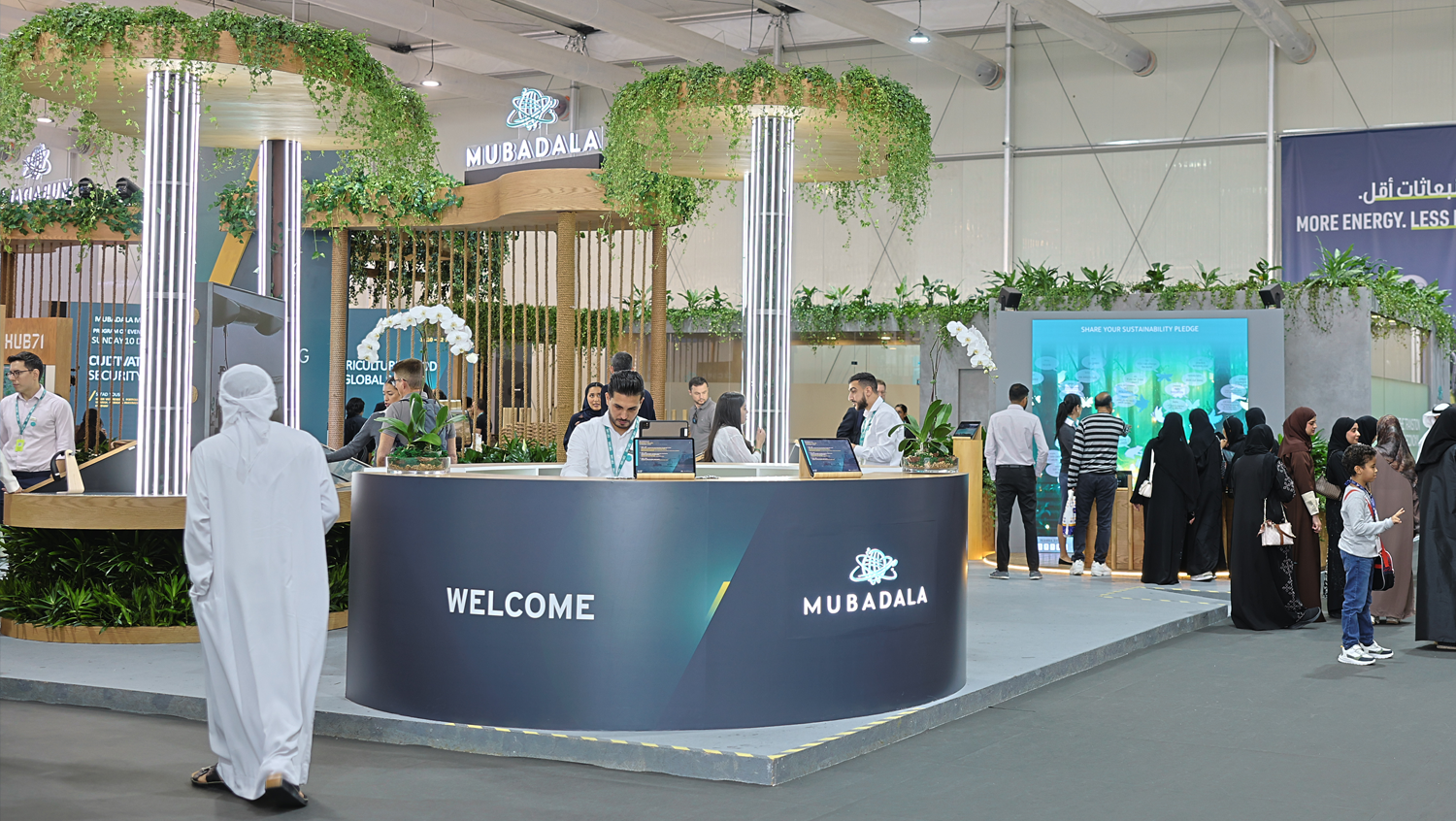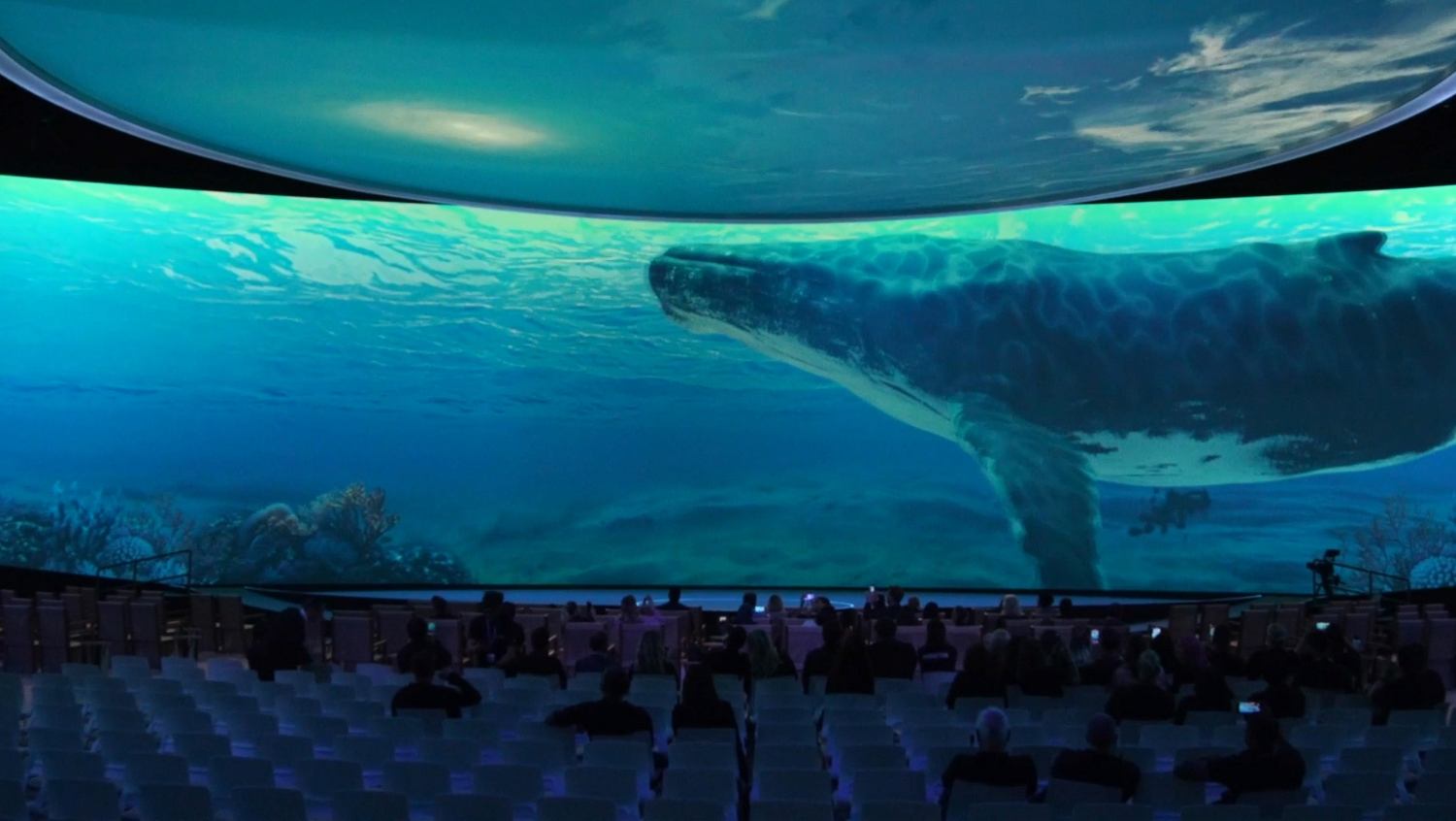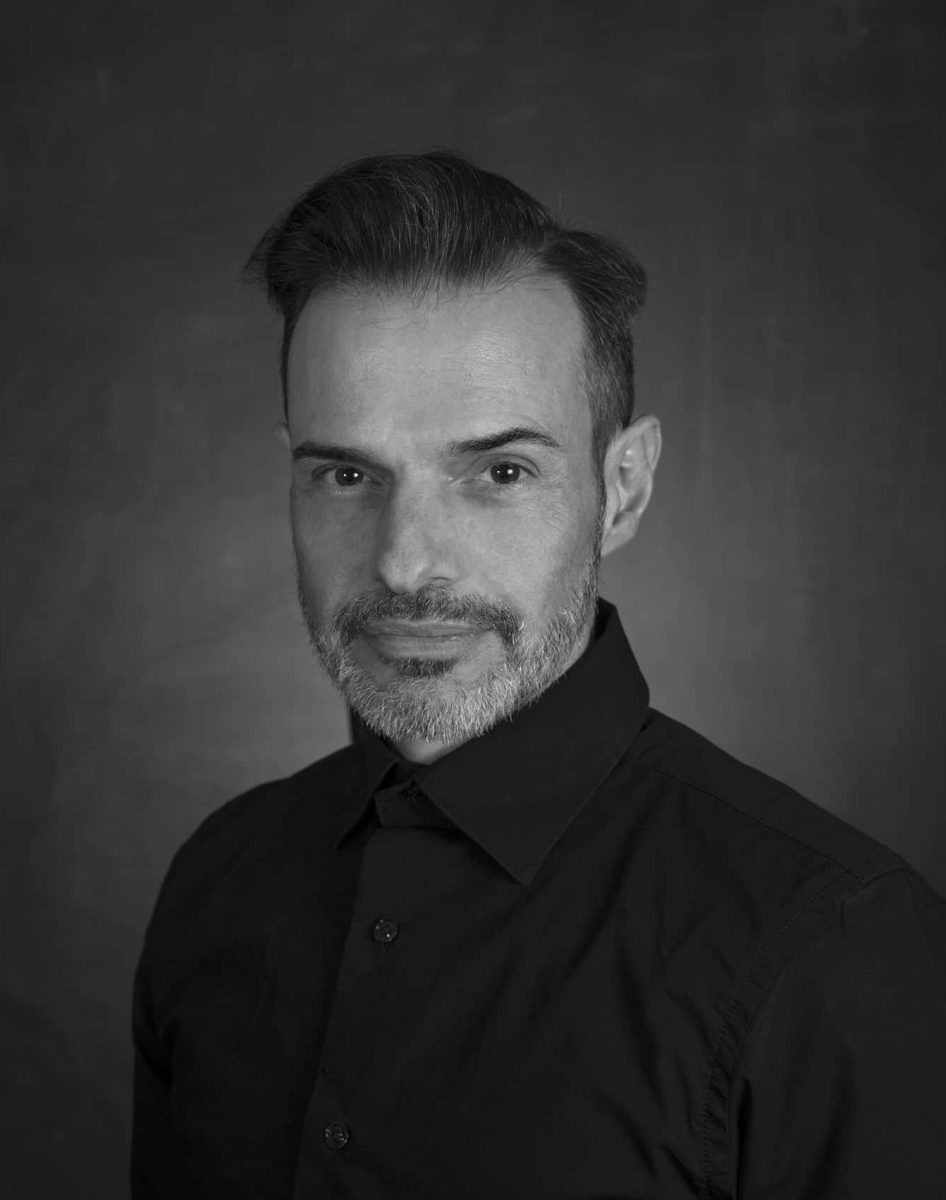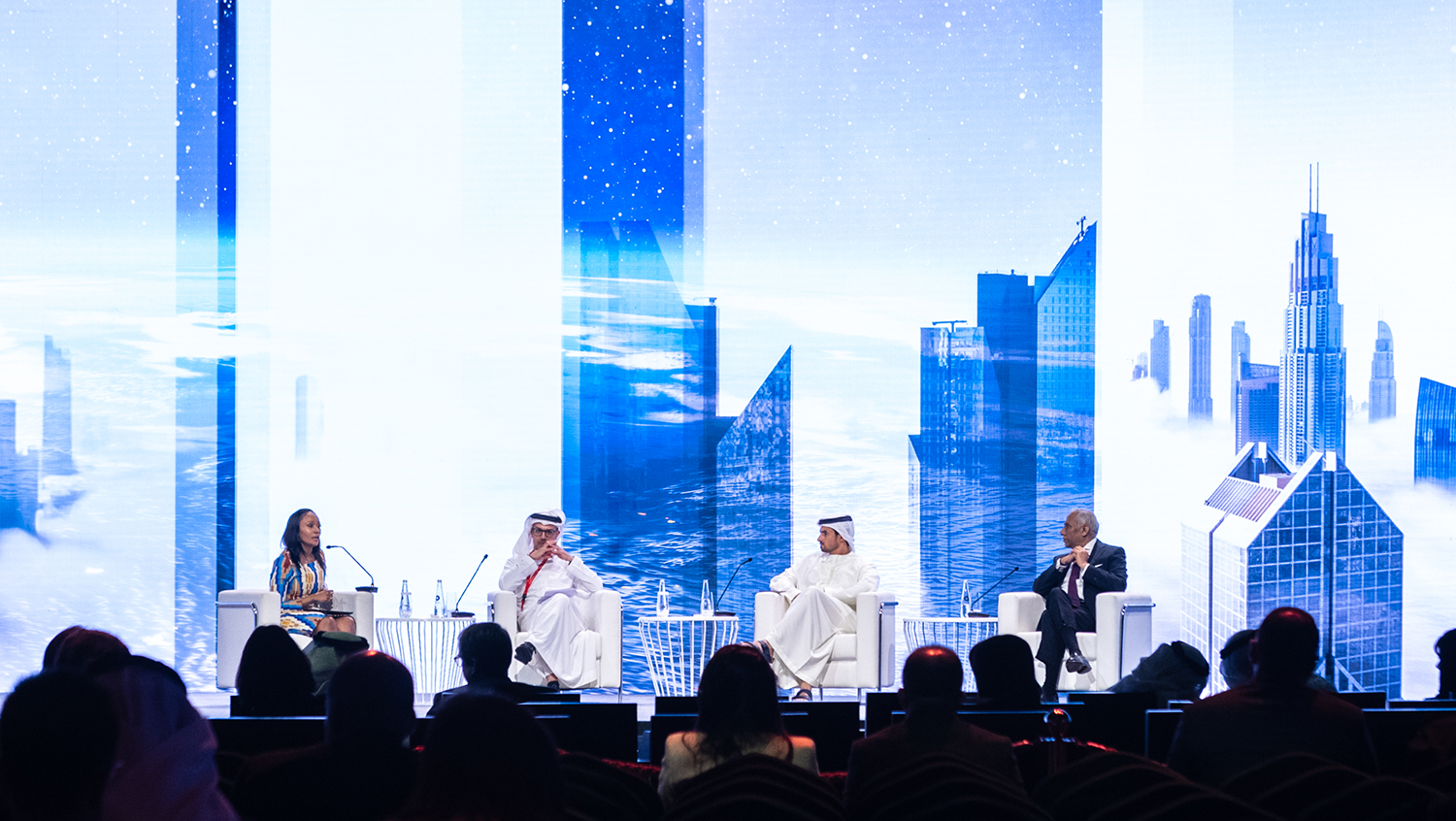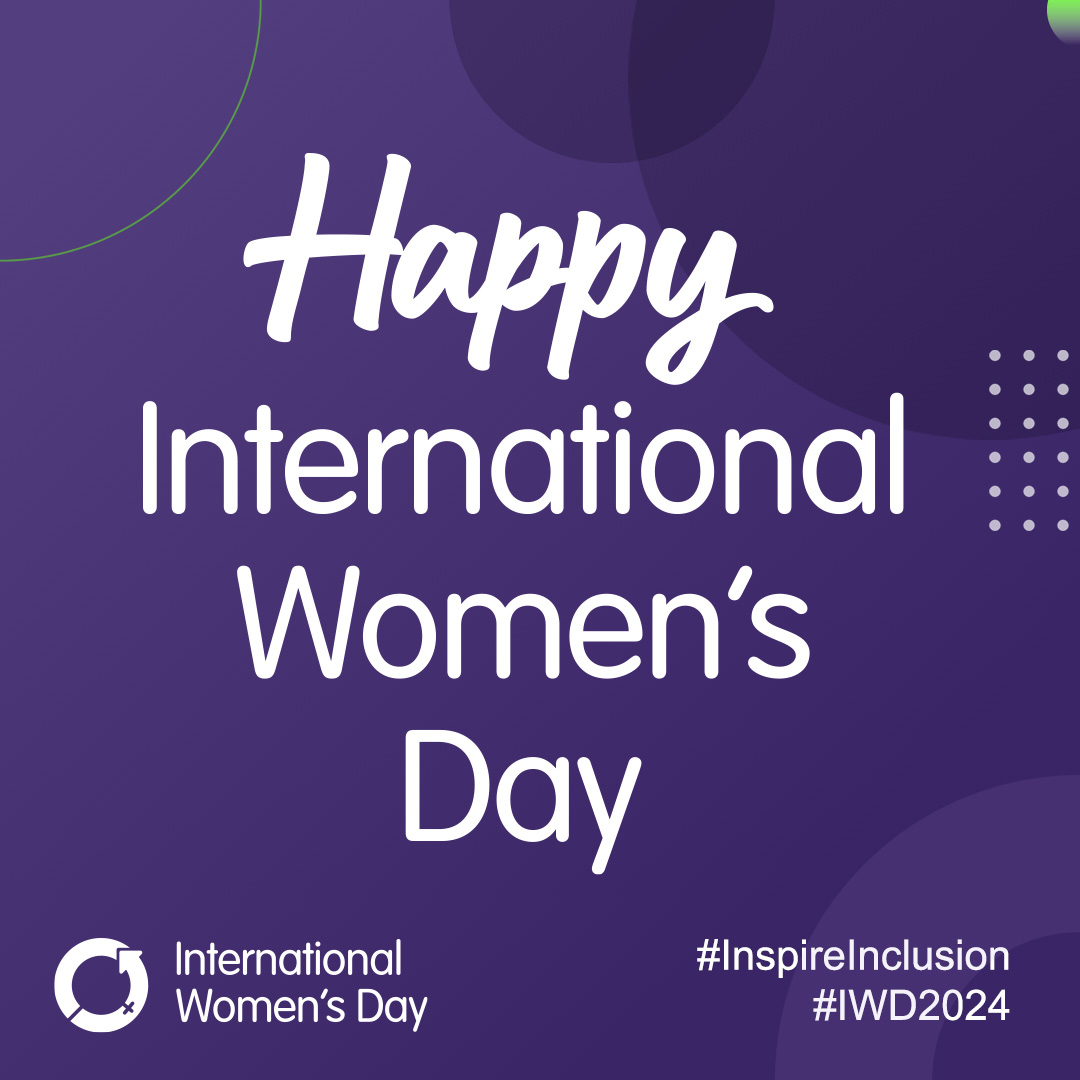What is One Industry One Voice?
On this week’s episode of Identify, Michael Gietzen is joined by the founder of One Industry, One Voice, Rick Stainton as they discuss why their work is so important and what their motivation is.

You can read the full transcript below or watch the episode here.
MG: Hello, and welcome to Identify, the news views and insights from within the events industry. I’m delighted to be joined by Rick, the founder of One Industry, One Voice today and we’re going to be talking about what is One Industry, One Voice, and then really what are the steps that the industry can take and, and indeed the other stakeholders.
So first things first, Rick what is One Industry One Voice?
RS: Thanks, Michael, appreciate the opportunity to be with you today. Um, so One Industry One Voice came out of, uh, quite a clear situation around sort of July time, last year, where there were many campaigns from different sectors of the industry, lobbying government, primarily for sector-specific financial support and they were all doing it from a very sort of, you know substantial base representing mostly associations and memberships and, and, and asking the government for certain sector support that related to their membership and so on. They, um, and this is historic for many decades in the industry. They weren’t working together. They were quoting different data and stats, which they’ve collated. I think the feedback from the government was at the that they were getting lots of different sorts of information that wasn’t aligned and it was sort of a, like a load of toothpicks being thrown at them rather than a spear, um, and no fault of their own.
They’re all doing it, you know, in very difficult circumstances or virtually, um, in a very difficult period at that time, obviously passed the first main lockdown. So I just wondered, and this is, this is not referencing just particularly the COVID situation. This is just a historic, as I say, the legacy of us being quite an immature industry and not recognizing internally the fight, the seven main sectors of our industry, which effectively are business events, exhibitions, sporting activations, music events, outdoor events, festivals, and weddings. Um, I’m sure I’ve missed one, but anyway, that’s, that’s the seventh, and they all are delivering exciting experiences in the live environment for often similar audiences, sometimes different audiences, but they will share 95% of the same event supply chain in the industry. And I think, myself included, you know, I never really had a strong understanding even though Smyle that I founded has quite a lot of engagement with quite a lot of these different sectors, most companies, who organize events specifically stuck in mostly their own sector. Um, and they don’t really share information that everybody engaged. There’s no real forum for them or association to work with each other, to help each other to collaborate. And so when something like COVID came about, um, that it’s sort of opened up the obvious issues with our industry, not having a consolidated to one voice, um, to either talk to the media talk internally, uh, or talk to the government a bit like UK sport might have, or UK hospitality might have, which have a lot more resources, a lot more of a mature market and have built this up over, say, many years in, in a coordinated approach.
So I proposed One Industry One Voice does what it says on the tin just to work and collaborate and get these different associations and get these different campaigns together in, in an online forum and the key leader representatives from these different sectors too, talk to engage, to learn from each other to respect and value each other and from the output of that has been a huge amount of, of consistent data we’ve now collated amongst ourselves. We actually are quite clear that we’re an 84 billion pound economy contributor as, as event industry, with 1.5 million event professionals working across it, we were able to split pretty much those 1.5 half into sort of business events and exhibitions and half into sort of the more outdoor consumer elements. So that’s 757 and 60,000 each. We’ve also managed to break down the contributions of the seven sectors. So you’ve got sort of business events, 20 odd billion. You’ve got weddings on the other side of the scale of the spectrum.
Rather it’s sort of 14.7 billion and all the others in between. And when you start looking at the numbers and you start looking at the contribution, you start getting an understanding of. You know, 280,000 weddings took place in 2019 average attendance, a hundred people. That’s 28 odd million people going to one event, the most important event of most people’s lives and I could give you lots more other examples of, you know, the exhibition industry has in our three get three out the four largest events, exhibition organizers in the world based in the UK. I think that puts you 100 companies. So a bit of respect and value internally and across collaboration and communication builds up just a bit more of a compendium of consistent data, of messaging and of asks. So when something like the pandemic requires government lobbying, as an example, or media engagement, we can, we can consolidate all that sort of information and understanding and put it out externally and a lot more of the coherent and respectful way showing that we are a bit more grown-up.
We are a bit more aligned and therefore the media might understand this better. The consumers and the public might understand this better. And the government ultimately might understand this better. And then, therefore, the output of their engagement with them. Could have a lot more of an impact positively on the individual asks for the campaigns, so that’s primarily where it came from and I, I set it up and then pretty soon asked Simon Hughes who chairs the BBP to lead it so that there was a sort of an independent person with a lot of experience in coordinating multiple association work and government engagement and media engagements.
So we’ve been a bit of a sort of a double act, working on this and I’m pleased to say we’ve had, you know, we’ve got We Create Experiences, which is the campaign that came out of the One Industry One Voice initial setup, which is a balance to all the government lobbying campaigns, which primarily the most of them are, and that was a positive campaign that started in December, targeting B2B clients and representing that. And we had lots of celebrities involved in it from a sort of, you know, Harvey Goldsmith to Tim Peake, Clare Balding to Tom Kerridge, Angela Hartnett, Johnny Wilkinson, and many others, and lots of charities CEOs talking about the power of business events to inspire, to celebrate, to support society. That got about 300,000 views, I believe in December across social media channels and a lot of national press or broadcast print press as well and radio, which is great. There’s a B2C campaign planned for the spring to represent the other side of the, of the core sectors on the music, cultural mass participation, um, some, some charity stuff. There are music festivals and music. So. You know, that’s one output that was just, that’s a positive campaign, just to balance the ball, lobbying elements, which are things like We Make Events, Save Nightlife, Project Recovery, Save Live Comedy. What about weddings? And obviously, Jim at the EIF has done a lot of lobbying as well to represent the outdoor sector as well.
MG: So, you know, you’ve articulated yourself perfectly, cause I think it’s it is traditionally quite siloed and disparate industry. One Industry, One Voice has been able to galvanize that and, and lobby to the government with, through the correct channels. And I think it’s, you’ve done an amazing job to understand what, what is such a diverse supply chain and I think, that perhaps that, earlier lack of understanding around the number of freelancers and how that makeup is, is implemented in agencies like ourselves, we would use, as well as just the, down to the tiniest micro SMEs really.
RS: Yeah. I totally agree and that’s been the power of, I mean, we’re unpicking, as I say, decades of legacy here, which is, it is quite hard and not everyone was up for it straight away. And there was, there were egos to batter. There were associations, not quite sure if we were going to undermine them or, or, or support them. Um, we had a lot of people just didn’t know me or Simon, or was just stuck in their ways, which is fine.
MG: It’s normal, but you’re right. Freelancers have gotten bored in a big freelance Facebook groups with tens of thousands of supporters, right in the middle of, of the task force, uh, for One Industry One Voice, sole traders, you know, I get emails from freight haulage companies through to FunFair organizers, through to florists we’ve got the UK CMA who represent the stewards and the safety guys, um, you know, a real cross-section as well as the larger agencies, larger exhibitions side of things, hotel groups and everything in between and the engagement we’ve had with the music industry, the nighttime association, the comedy sector, um, the outdoor sector, festivals, sport, mass participation, business events, all working together, and just actually understanding the nuances of our individual sectors is and could be very powerful going forward, but we’re trying not to alienate anyone, but it’s very difficult with as will dissident volunteers without any actual resource really, or foundation stone or framework or infrastructure to work from doing the best we can to create a momentum of buy-in and support and as that grows, we could only just become more powerful, but always working alongside the associations who represent their individual sectors and that’s important. One Industry One Voice, it’s not an association itself, it’s more a sort of initiative to help them. Um, engage with all the different audiences they’re trying to target and get the outputs through consolidated efforts. Well, so far so good. Yeah. I’m delighted to see the energy that is being put in to help galvanize the industry.
So lockdown two personally, I think as well, many of the colleagues would, would appreciate is probably a lot harder than lockdown one. Um, and I think was quite the hammer blow to our industry when, I guess in October, we were quite sanguine about maybe a return in spring. What can One Industry, One Voice do for those in the supply chain and indeed agencies as well, that that are struggling through this period?
RS: Well, we’re trying to do many different things, frankly. Um, I mean, first and foremost, quite a few key organizations and associations are fundraising to support those that are most suffering financially, particular work, I think by the PSA and the music industry and Plaza, and several others are doing charity, auctions and fundraising to create funds, to support those that are most struggling, that within their network and we’re just trying to help and spread the word about them through the wider industry. We recently launched a mental health first aid course, which Paul Jones, who runs a large Facebook freelance network and is a production manager in the industry. He has, sort of help instigate.
One Industry One Voice took it over and, and sort of, uh, Marcus did it. And that first, the first traunch of people, I think the course has 10 people over a week. Um, and they’ve been going through that and then they’ve just finished the second, second-tier the second traunch of 10 people are going through it and we are aiming to do a hundred people over the coming months. We’ve collated a lot of surveys and data across the industry for the first time just getting the actual pulse of the impact, both from a financial business perspective. Down to an individual mental health perspective, which we’ve, we’ve cascaded across the rest of the industry so that everyone appreciates it.
They’re not in this alone, but also we’ve used that a lot for the campaigns lobbying the government to demonstrate the massive impact. And there was a shocking result of the impact of mental health, particularly of perhaps freelancers have don’t have that wider network. Within an organization to support them, um, as well as the impact on income and GDP and loss of jobs. I mean, I could give you so many different stats. Most people are aware of them, but you know, you’re talking between 45 and 70% of job losses in most sectors. You’re talking about something along the lines of the 84 billion that I talked about in 2019 could come down by 53 billion in 2020, so you’re talking a two-thirds hit, um, you know, there was some very abusive, not so nice to read stats on the mental health impact, particularly on some of the surveys. I think it was something 14% of the survey respondents said that they felt that they were under such amount of stress that they considered, you know, self-harming and other such, problems. Um, and you know, I could go on, but I think just that, that sort of data is, is, is, is needed to support our initiative, to see where the need is most helpful and also when we’re lobbying the government to give them credible stats that they can then pass on to the relevant departments for hopefully some sort of output.
MG: So I think around you is the platforms on social media that you can engage with. And I guess one of the things is, is, is to get on board and help amplify this voice.
RS: A hundred per cent.
MG: Cause yeah. One anecdote. So I was thinking I’m, I’m a keen swimmer, and I was delighted when swimming returned. I was very sympathetic to the swimming pool that got one day’s notice, I think, to be able to open up and all of a sudden they’ve got to bring back the lifeguards and get the pool ready and so on, and they just couldn’t do it. It was an impossible task. And I think the same, I guess we would ask the government is that there is a bit of a roadmap for that return and given the time to be able to prepare. So, I mean, what’s your opinion on this, getting back to business for the industry and what that could look like?
RS: Well, there’s, there are effectively four phases, um, and we’ve been talking about this a lot. The first phase is right now. When we’re in lockdown is, is, is making sure that government through One Industry One Voice is that we’ve been on several APGs recently, one yesterday for the business APPG in COVID and one last week for the newly formed APG for events we’ve been asking for a specific sector-specific support, um, whether it’s, there’s been a campaign recently on the insurance, which benefits some, some events, not all, but some through to business rates relief through to, um, an advancement of the foreseeable and bounce back loan, um, grace period, because a lot of industry companies took them out last summer expecting this summer to be the recovery and that they’re going to have the 12 month grace period is going to end.
Pretty soon they have to start paying it back. So we need an extension of that for another 12 months because they had no income for almost 18 months now. Um, there’s a move while I would like BEIS to represent us a bit more and have a minister that’s got us within those portfolios. So we’re looking at that and we’ve got some progression of that in the last few APPGs. So there are specific asks right now to get this industry in some sort of coherent survival mode. And then when we go to recovery, you’ve got three phases. You’ve got the sort of the COVID secure, safe phase where there’ll be restricted capacity there may or may not be a requirement for testing, social distancing, reduced capacity numbers, masks, sterilization track and trace. Uh, screens you know, in certain catering areas, uh, non-touch elements. So obviously not being handed brochures and passing the potential virus on. So that’s phase one, which again, we had sort of guidelines like that agreed last year prediction.
Do you know the AAO EIA, uh, and someone they did a lot of great work, um, to get those agreed with the government. Then we just started a little bit of four or five weeks, I think of getting back out there, but then almost immediately into the end of last year, that was then not back into the next lockdown. Um, pilots were scheduled started, and then they’ve now been on hold. The pilots that, a company called Trevande, I think are organizing they’re still not scheduled yet to restart, or I think it might be imminently to demonstrate and get paid, probably helping lend the ministers to buy into the the new set of COVID recovery guidelines. So that’s phase one.
Phase two will then very much be sort of the mitigating risk where hopefully there can be a bit more restriction or loosening of those restrictions, capacities go up, economic viability, particularly more consumer events could work where they need to get the certain capacity to make it economically viable, to make some money and less restricted with the gasps perhaps having to do tests before the day before like the CPR tests and so on, um, and then obviously you’ve got the third phase, which is. Normality or new, new, different, new, normal as you call it, whereas you saw the images of the shapeshifters concert in New Zealand a few days ago, it was normal. There were no restrictions, no mask, everyone together, full capacity, and there bless them having a great time and that’s all the vision and the mission that we’re hopefully working, but that’s, those are the four phases that I think we’re now at One Industry One Voice, very much working towards to get agreement on. At least there’s some of this survival. Packages and get a roadmap to that three phasings of recovery, and it will be different sectors that will have to return in different phases, you know, weddings, smaller business events, smaller charity events, perhaps some, some mass participation elements where there can be easier social distancing because they’re sort of charity runners and so on. Um, may well return first and smaller concert elements, um, in indoor venues and then, you know, frankly for obvious economic viable reasons and other infrastructure elements and capacity elements, larger exhibitions, larger music festivals, and so on may take a bit longer to come back and think that’s generally accepted from, from the task force. We’ve got all those representatives to buy into that.
So it’s a journey and the We Create Experiences campaign we’re launching in spring for the consumer side. You know, we’re very much making it clear that we as an industry and the public, or will be on a journey together as things phasing come back. There’s not gonna be one big bang of everything. And bringing back confidence for everybody – I think. Um, it’s the prime mission of, of the, of the campaign. It was in December for the business community. It was, it was three tiers. It was, it was confidence. Um, about our expertise in safety with global experts in health and safety, it’s in our DNA, you know, one of the best industries placed to do that and demonstrate that and coherently deliver it and make sure it’s adhered to onsite.
It was the power of events. It was reminding them of the power of events to inspire, to celebrate, to support society, to grow businesses, grow the economy and just make sure that’s valued and recognized. So there’s, you know, and it plays into that whole big team behind the industry. So you can’t just turn us on and say go next week. You’ve got months of waiting for deposits. You’ve got weeks of planning, you’ve got months of setting up, you know, um, and that’s just something that therefore not so much the public, but the government needed to also recognize. So that, that confidence, even as I say, when, when the lockdown was eased, there was a shoot up for bookings at the end of, towards the end of last year when the, when the lockdown was eased into Q2 Q3, of this year. And then when it was put back down again, a lot of those shifted back or were cancelled again. So, you know, venue, bookings, and so on were known just exponentially growing and then just got stamped down again. So there’s that there’s a massive pent up demand on both sides, but only confidence and, and clarity of guidelines will activate the reality of events.
MG: Well look, Rick, thank you so much. We would love to invite you back and indeed Simon maybe in a couple of months, time to give us an update on all the progress that you’ve done. For the moment on behalf, I guess, of everybody in the events industry. Thank you very much for the hard work that One Industry, One Voice is doing, and we’re very grateful and proud of bringing together this great industry.
RS: If you want to engage, please leave a comment below. Love to hear what you have to say about this matter once again, Rick, thank you very much. No worries. Please go to oneindustryonevoice.co.uk, go to, wecreateexperiences.co.uk Um, read about it, sign up on social media. If we don’t get all the Institute behind it, it won’t work for the industry. Appreciate the opportunity, Michael and the support of One Industry One Voice and all our supporters. Thank you. And may it grow and develop! See you soon.
Make sure you’re following Identity on LinkedIn and Facebook for the latest episodes of Identify as they are published, or alternatively subscribe to our YouTube channel.



